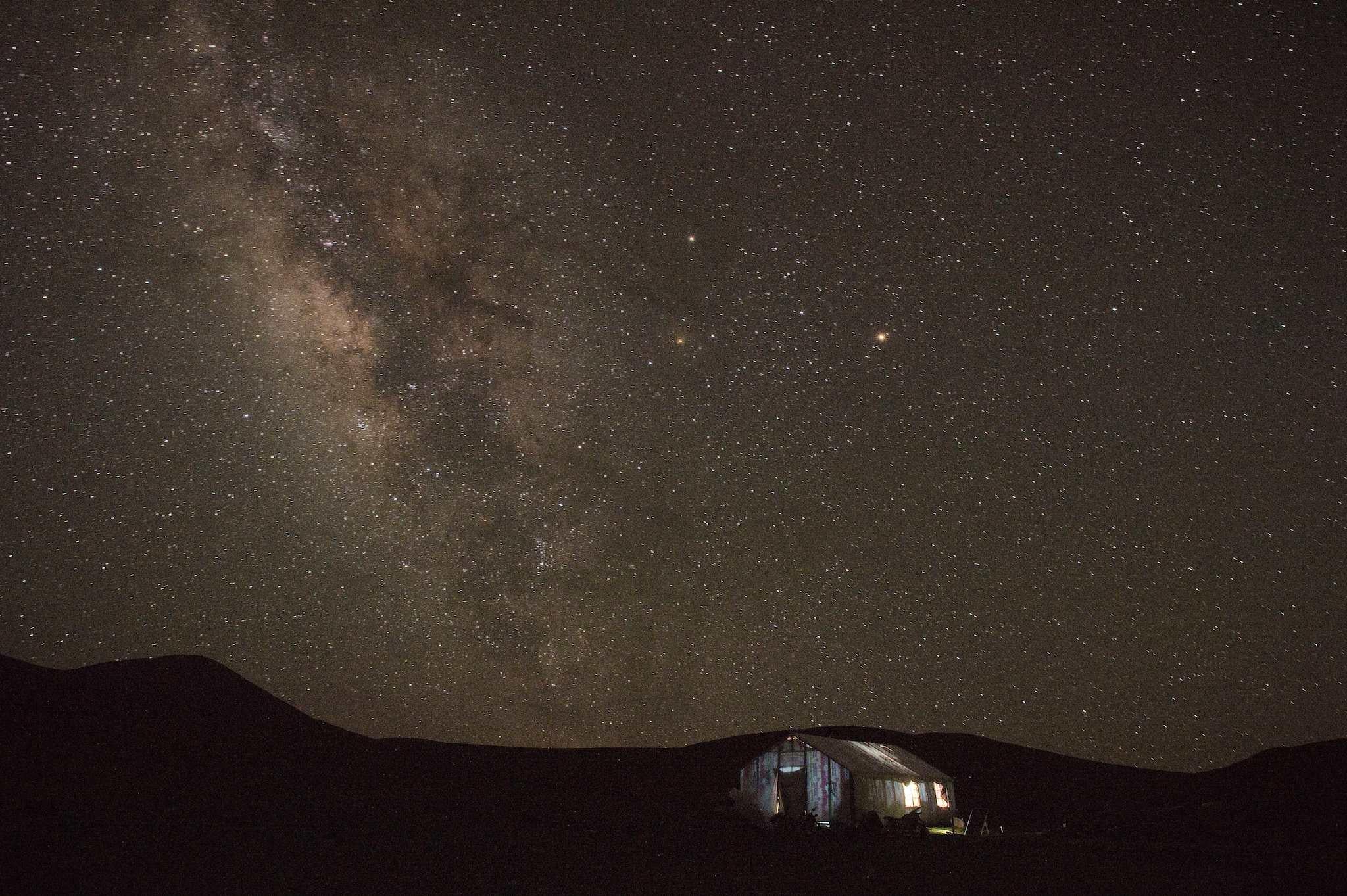Scientists launch huge survey to search through Milky Way to find alien life
We will be able to see our neighbourhood in ways we have never done before

Your support helps us to tell the story
From reproductive rights to climate change to Big Tech, The Independent is on the ground when the story is developing. Whether it's investigating the financials of Elon Musk's pro-Trump PAC or producing our latest documentary, 'The A Word', which shines a light on the American women fighting for reproductive rights, we know how important it is to parse out the facts from the messaging.
At such a critical moment in US history, we need reporters on the ground. Your donation allows us to keep sending journalists to speak to both sides of the story.
The Independent is trusted by Americans across the entire political spectrum. And unlike many other quality news outlets, we choose not to lock Americans out of our reporting and analysis with paywalls. We believe quality journalism should be available to everyone, paid for by those who can afford it.
Your support makes all the difference.Scientists are launching a huge hunt for alien life.
The new project will show our galactic neighbourhood in ways we have never been able to see it before. And, in that new data, scientists hope that they can spot evidence of extraterrestrial civilisations.
The new project – launched by the Breakthrough Listen initiative, which looks for sign of intelligent life in the universe – will survey millions of stars in our own galaxy, hunting for signs of life.
Until now, that hunt has been limited to a relatively small number of stars just a few lightyears away from Earth. But the project has announced that it will broaden its search out to a huge swath of the Milky Way.
The new, detailed search has been enabled by brand new technology that will allow telescopes to collect more data than ever before. Researchers using th Parkes telescope in Australia can now look at numerous points at once, enabling them to look across the sky quickly.
Those telescopes will gather data through 1500 hours of searching in 2018, collecting huge amounts of data. Scientists will then pick through it to find results that seem to be artificial in origin, and then try to decipher if any of those are not from planes, satellites or other sources – and are instead being sent by aliens.
"With these new capabilities we are scanning our Galaxy in unprecedented detail," said Danny Price, Parkes Project Scientist with the Breakthrough Listen project at UC Berkeley. "By trawling through these huge datasets for signatures of technological civilizations, we hope to uncover evidence that our planet, among the hundreds of billions in our galaxy, is not the only where intelligent life has arisen."
The Listen project is one of a huge range of Breakthrough projects, which also include awards and a planned mission to send tiny spacecraft on long missions away from the Earth. They have been supported by many of the biggest names in science and technology, including everyone from Mark Zuckerberg to Stephen Hawking.
Join our commenting forum
Join thought-provoking conversations, follow other Independent readers and see their replies
Comments